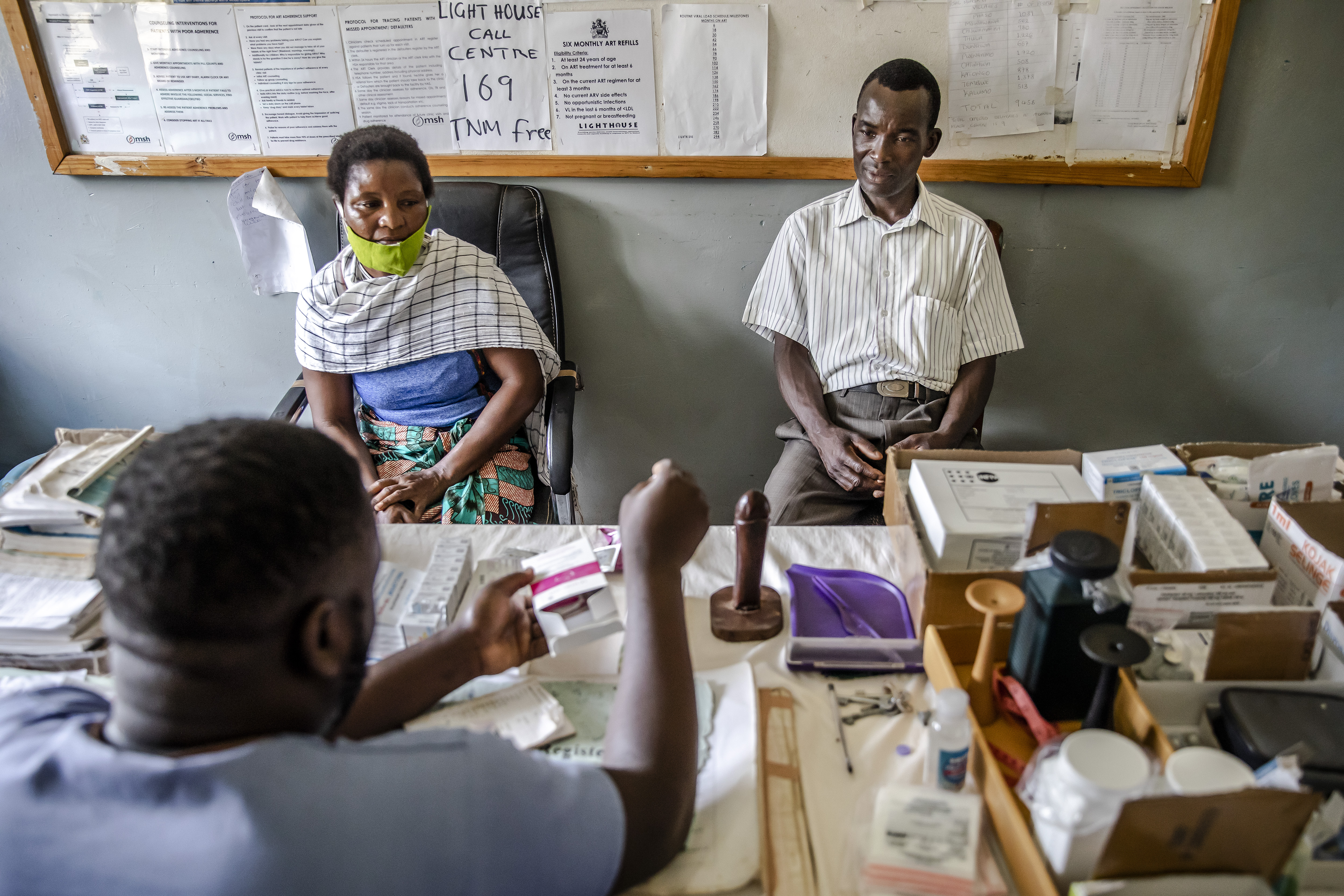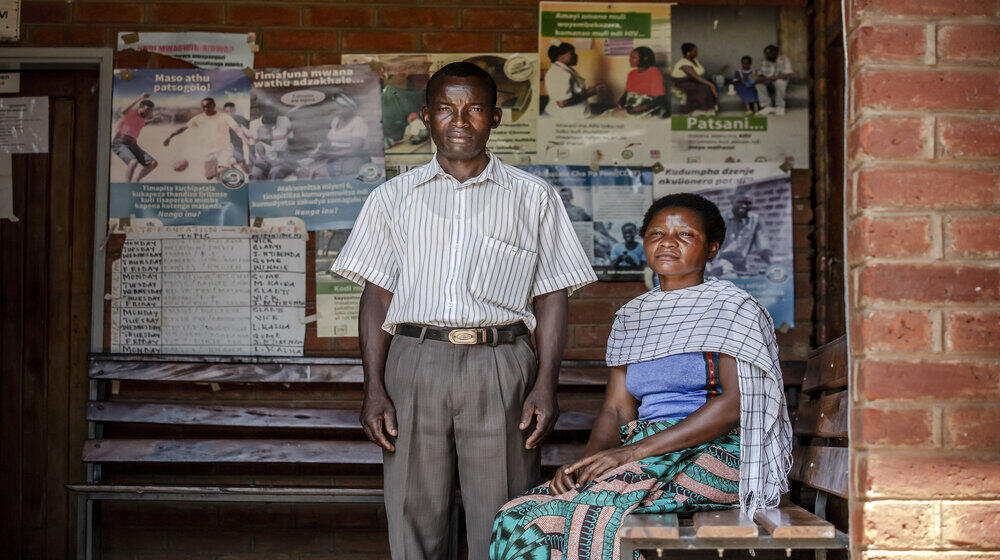NKHATA BAY, Malawi - In many cultures in Malawi, when a girl gets married, she is supposed to continue helping grow the lineage by bearing children for the husband. A delay in getting pregnant is usually treated with suspicion. And in some instances, the woman can be ostracized by the community for failing to ‘give’ her husband an heir.
When Adija and Medison Banda got married, they were met with the same expectation. Mr. Banda comes from a tribe that pays a bride price. So, when he married Adija, he couldn’t wait to become a father.
A year after they got married, the couple was blessed with a baby girl, which brought joy to the couple. However, the ‘elders’ from the husband’s side were not that pleased. They wanted a boy-child.
The pressure to have a son forced the couple to try again. And within a year, they had another child. A girl.
People started whispering that my husband was weak as he couldn’t give me a son
“This made him restless and he told me that we should not stop trying,” says Ms. Banda.
Within five years of marriage, the couple had four children, all girls.
“We reached a point where my body couldn’t take it anymore,” explains Ms. Banda. “I was literally giving birth almost every year. This had an effect on my health as I kept getting ill.”
In addition, the children were also getting ill now and then. Ms. Banda couldn’t manage to take care of them alone. Her husband, a banana farmer, was always working in the family garden to try and feed the growing family.
“When we got married, my husband was a successful farmer,” Ms. Banda recalls. “But he started struggling as all the sales from the produce went to food and settling hospital bills for the kids.”
After noting that the family’s fortune was going down, Ms. Banda convinced her husband that she starts family planning. This wasn’t easy. Mr. Banda still harboured the idea that one day his wife will give him a son. But the harsh reality of failing fortunes and biting poverty made him think otherwise. He gave in to the idea.
The following morning, Ms. Banda visited Mzenga Health Centre where she sought for advice from health staff on family planning. Mzenga Health Centre is one of the many health facilities in the country benefitting from the support from UNFPA.

The Fund procures sexual reproductive health and family planning commodities to empower women and adolescent girls to voluntarily and safely choose when to have children, and how many they want to have. In addition, the Fund ensures last mile assurance, that is, making sure the commodities reach the end users.
“After the health staff told me of the family planning methods available, I optioned for a three-year contraceptive implant. I needed time to rest from all the births I went through in a short span of time,” explained Ms. Banda.
A year after the couple opted for the contraceptive implant, things have changed for the better. The kids are growing up healthy and the couple now have more time to focus on their banana farming business.
“I wish we had made the decision earlier,” said Mr. Banda. “My children are now growing up healthy and my business is doing well. I am content with the children I have and I want to focus on getting them a good education.”
By Joseph Scott and Milika Mdala


